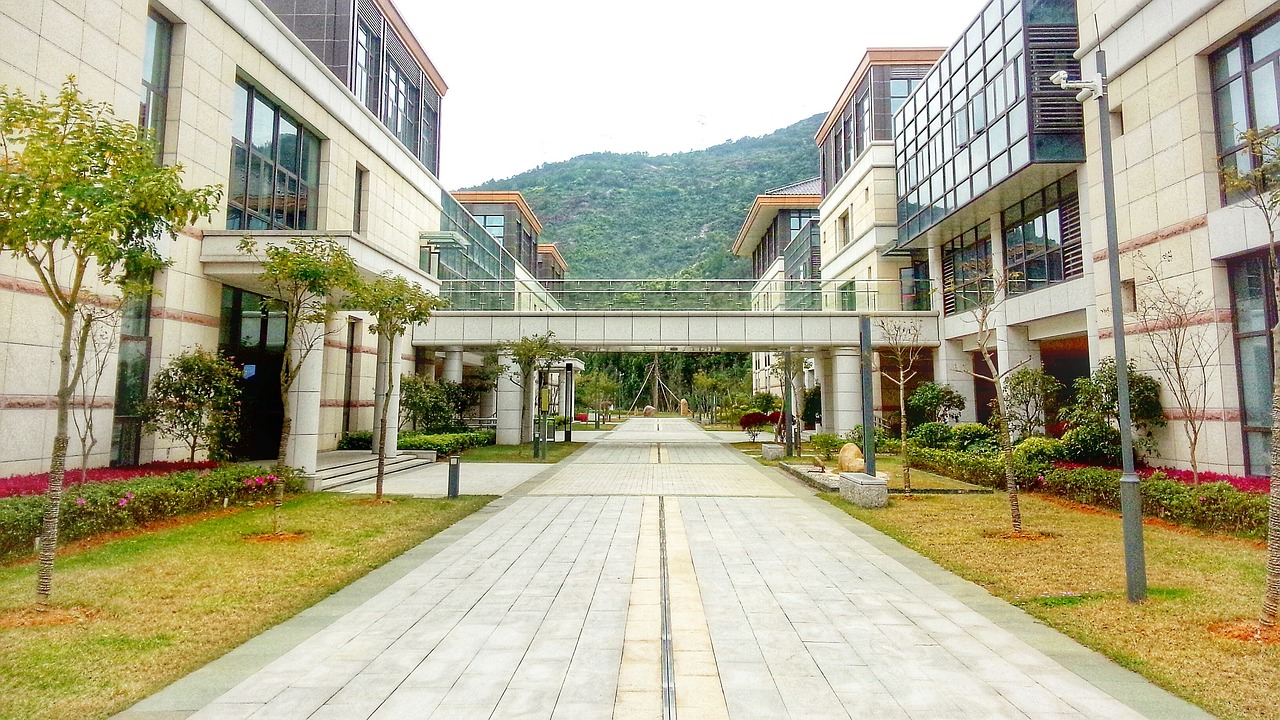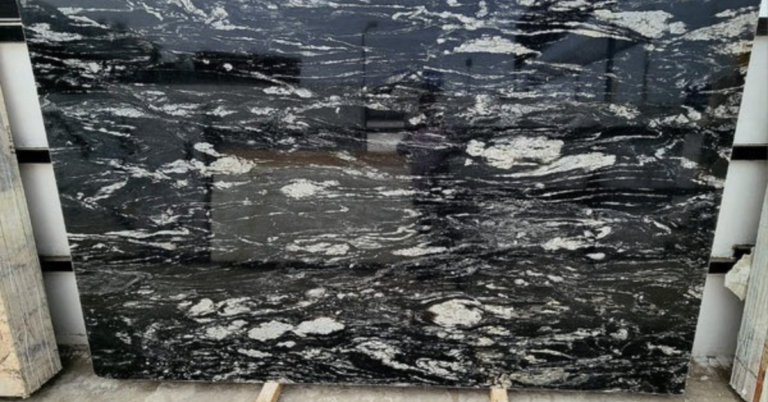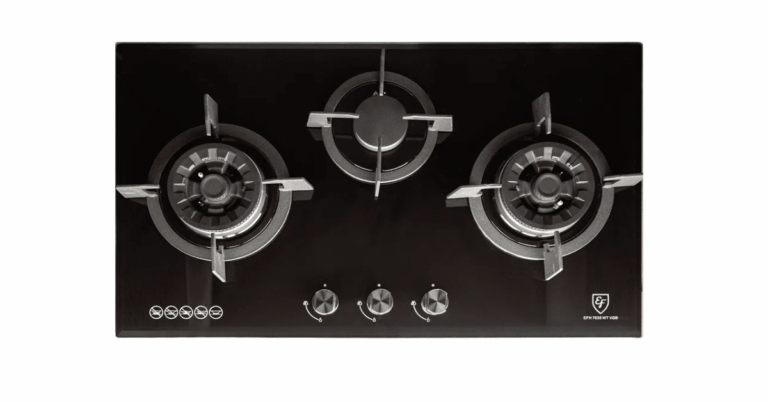The Potential of Mycelium-Based Insulation in Sustainable Buildings: Lotusbook 365, Play99exch, All panel mahadev
lotusbook 365, play99exch, all panel mahadev: Mycelium-based insulation is a sustainable and eco-friendly alternative to traditional insulation materials. Mycelium is the root structure of fungi, commonly known as mushroom roots. When mixed with agricultural waste such as husks, straw, or wood chips, mycelium forms a lightweight and durable material that can be used for insulation in buildings.
The potential of mycelium-based insulation in sustainable buildings is vast. Not only is it a renewable resource, but it also has excellent thermal and acoustic properties. Mycelium-based insulation can help reduce energy consumption in buildings by providing superior insulation, thus lowering heating and cooling costs. Additionally, mycelium-based insulation is biodegradable, non-toxic, and carbon negative, making it a truly sustainable choice for eco-conscious builders.
One of the key advantages of mycelium-based insulation is its ability to regulate humidity levels in buildings. Mycelium has natural moisture-wicking properties, which can help prevent mold and mildew growth in buildings. This can lead to improved indoor air quality and a healthier living environment for occupants.
Another benefit of mycelium-based insulation is its versatility. It can be molded into various shapes and sizes to fit different design requirements, making it a flexible option for builders and architects. Mycelium-based insulation can also be used in conjunction with other sustainable building materials to create a fully eco-friendly and energy-efficient building.
Furthermore, mycelium-based insulation is a cost-effective solution for builders. While the initial cost may be slightly higher than traditional insulation materials, the long-term savings from reduced energy consumption and maintenance costs make it a wise investment. Additionally, mycelium-based insulation can be locally sourced, reducing transportation costs and carbon emissions associated with importing materials from distant locations.
Overall, mycelium-based insulation offers a promising solution for sustainable buildings. Its renewable nature, excellent thermal and acoustic properties, humidity regulation capabilities, versatility, and cost-effectiveness make it a valuable addition to the green building industry. By incorporating mycelium-based insulation into building projects, builders and architects can contribute to a more sustainable future for generations to come.
FAQs:
1. Is mycelium-based insulation as effective as traditional insulation materials?
– Yes, mycelium-based insulation offers excellent thermal and acoustic properties, making it a viable alternative to traditional insulation materials.
2. Is mycelium-based insulation environmentally friendly?
– Yes, mycelium-based insulation is renewable, biodegradable, non-toxic, and carbon negative, making it a truly sustainable choice for eco-conscious builders.
3. Can mycelium-based insulation be customized to fit different design requirements?
– Yes, mycelium-based insulation can be molded into various shapes and sizes to fit different design requirements, making it a versatile option for builders and architects.







